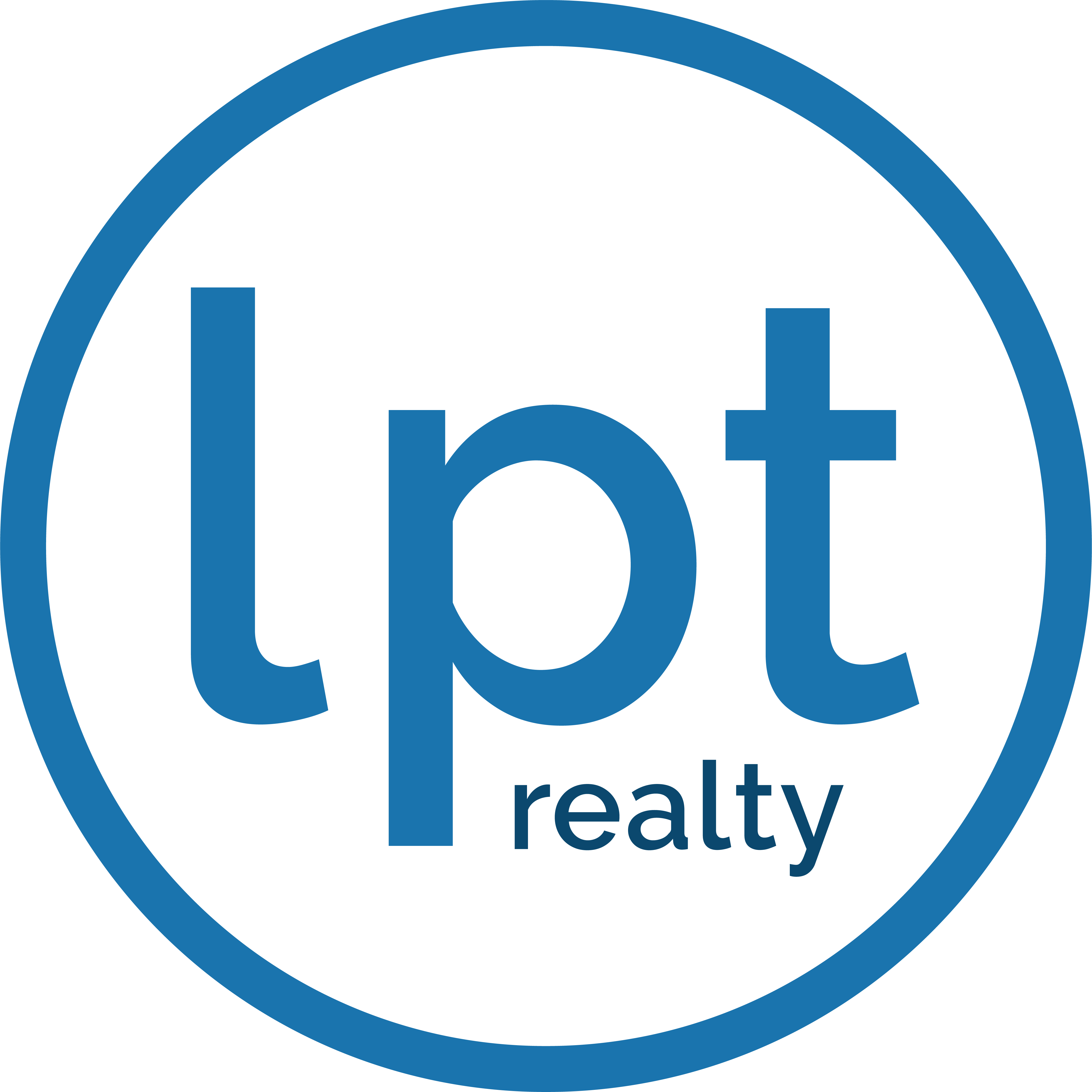How to get a mortgage if you’re self-employed

Who is considered self-employed?
Sole proprietors, independent contractors, partners in a business, gig workers or those who own a business part-time are all considered self-employed, according to the Internal Revenue Service.
Generally, anyone who brings in income by doing work that’s not documented on a W2, is considered self-employed.
Most borrowers want to see that you’ve been self-employed for at least two years before they consider you for a mortgage.
Documents you’ll need to show lenders
In addition to the documents that everyone needs to apply for a mortgage, such as bank statements and identification, self-employed applicants will also need to provide additional documentation to potential lenders.
Employment verification
You’ll need to show how you earn your income. You can do this by getting a letter from a certified public accountant, showing your business license or proof of business insurance.
If you’re a freelancer, a letter from a professional organization verifying your membership or a letter from a client will also suffice.
Business financials
Lenders also want to know as much as they can about the state of your business. You should provide them with bank records, profit-and-loss reports and cash-flow statements from the past two years.
Hall said you may also want to include documents from your accounting software, such as QuickBooks.
Tax returns
Lenders will also need to see your tax returns for the past two years as well as tax forms, relating to your business type — Schedule C for most LLCs and some sole proprietorships, Form 1065 for general partnerships and Form 1120 for C Corporations or S Corporations.
Future-looking documents
You’ll make a stronger case if you can show that your business is expected to grow, Hall said. So bring your business plans for the next few years.
You can reach out to a self-employment or small business expert through NASE, the Small Business Administration or the Internal Revenue Service to ensure you have everything you need for your mortgage application.
How to improve your chances of approval
If you’re worried a lender will take one look at your financials and reject your application, there are steps you can take to increase your chances.
1. Consider local lenders
Local banks are much more likely to provide loans to local small business owners, Hall said.
“The smaller community banks are more involved in the community,” he said. “If you’re operating a plumbing operation or a small restaurant, there’s a reasonable chance that a banker has been to your restaurant. They’re more familiar with the community.”
2. Make a larger down payment
Lenders consider an applicant a safer bet if they make a larger down payment and have more savings in reserve.
This shows lenders you have steady income and a lot of cash savings. The average down payment for first-time homebuyers is 9%. If you don’t have a lot saved, consider down payment assistance programs.
3. Boost your credit
You can also make yourself a more attractive applicant by raising your credit score. Most lenders require a credit score of 620 for a conventional mortgage, but borrowers with a score of 760 or higher typically get the best rates.
All three credit bureaus — Experian, Equifax and TransUnion — consider payment history, debt repayment and your credit utilization rate when determining your rate.
By making on-time payments, paying off debts in full, catching errors on your credit report and keeping your credit utilization under 10%, you can significantly improve your credit score in a short amount of time.
4. Keep your business and personal assets separate
Separate your work and personal life — that goes for your finances, too. This makes it simpler for lenders to assess your business income and your personal finances.
According to the Small Business Administration, you can do this by opening a business bank account, getting a Data Universal Numbering System number (which allows you to build credit for your business) and getting a business credit card.
5. Get a co-signer
If all else fails, you may want to ask a loved one to cosign a loan with you. This means they promise to pay the lender if you fail to make the payment.
Being a co-signer is risky and consequential. A cosigner is responsible for repayment but does not own a portion of the house. It also impacts the cosigner’s credit score.
Categories
Recent Posts









